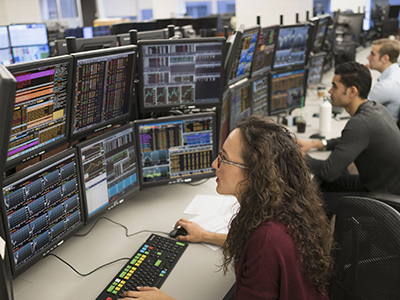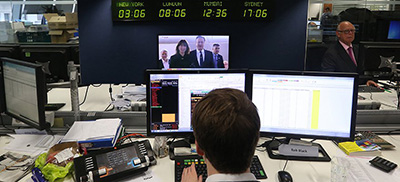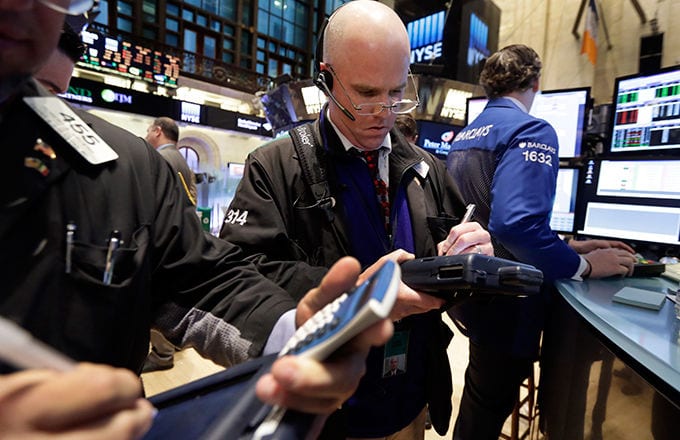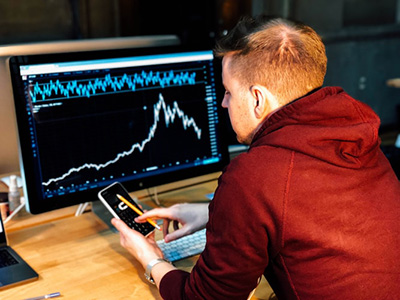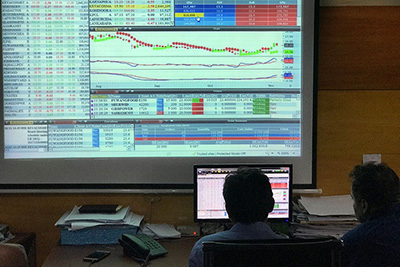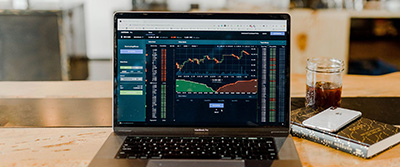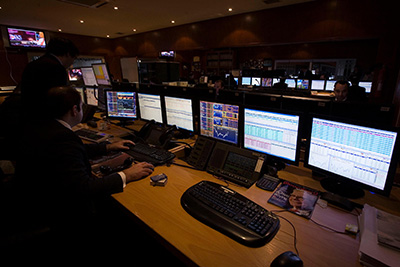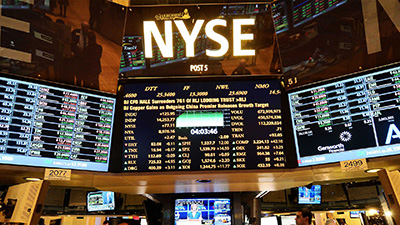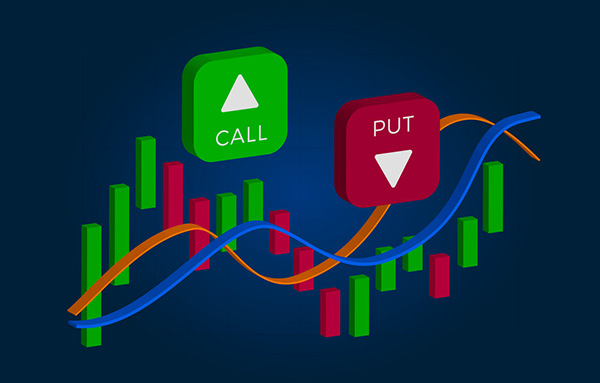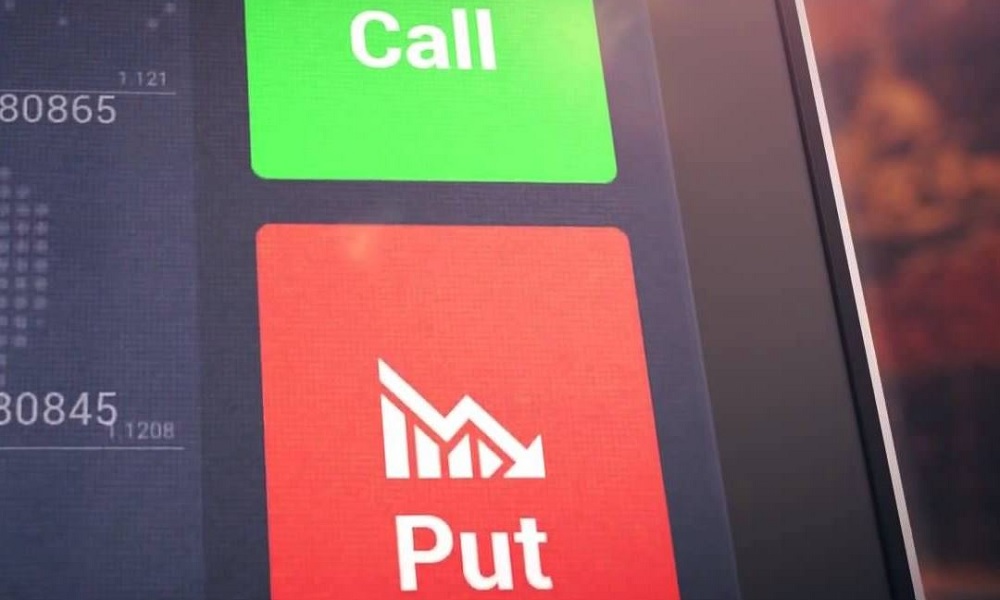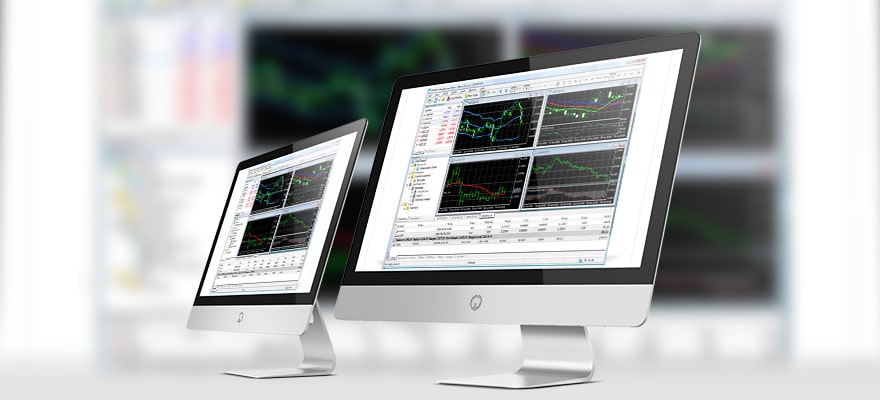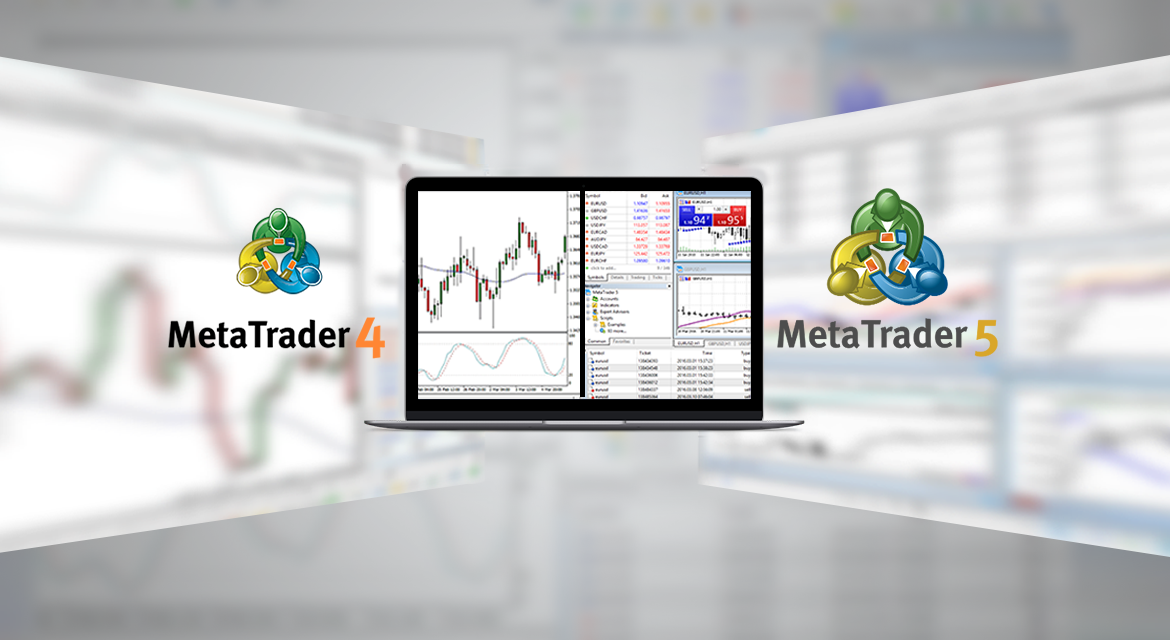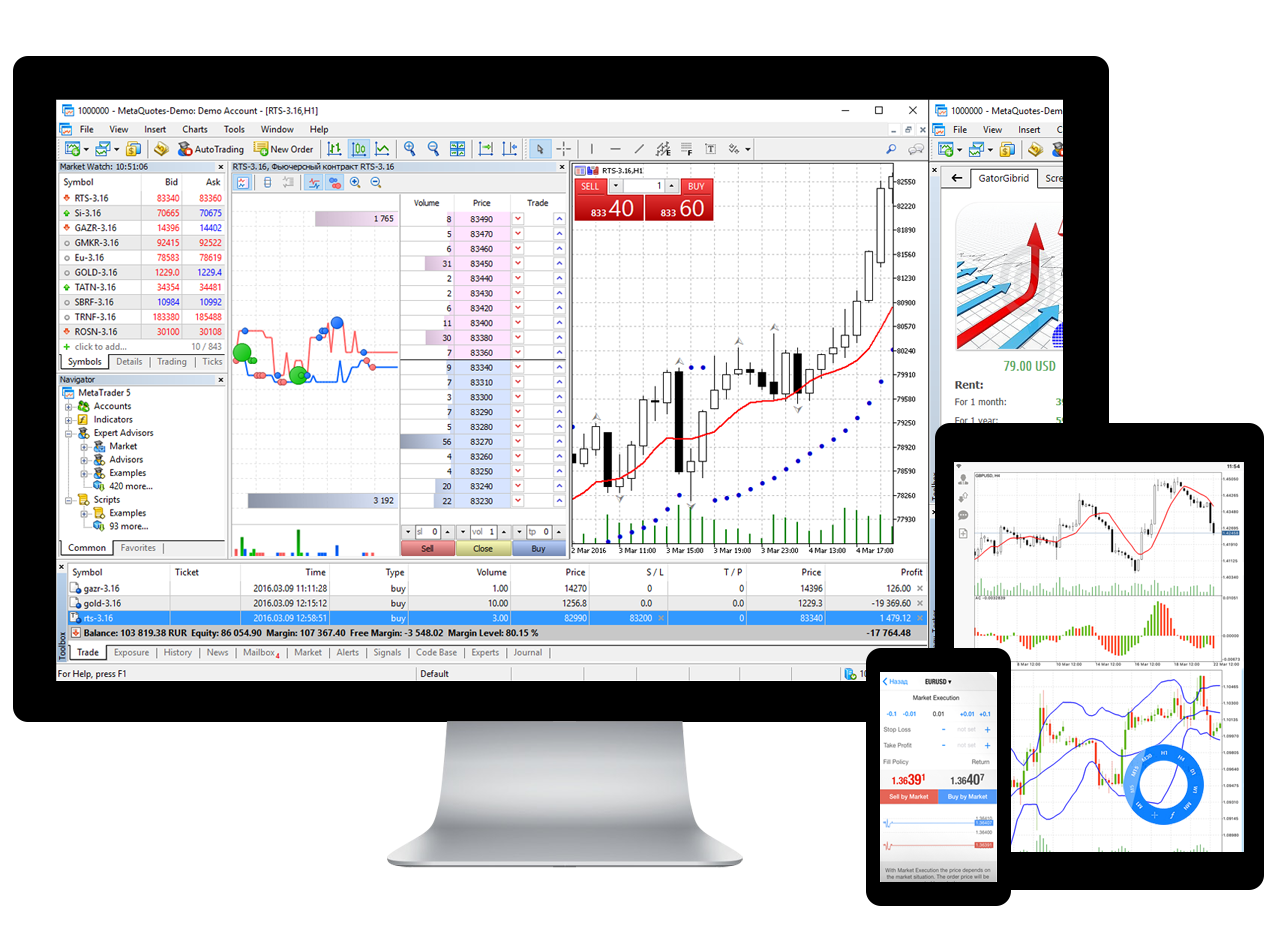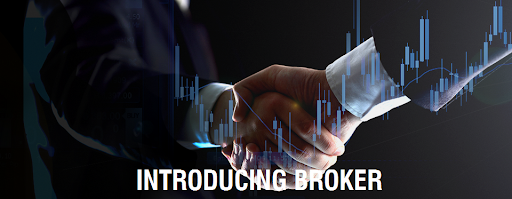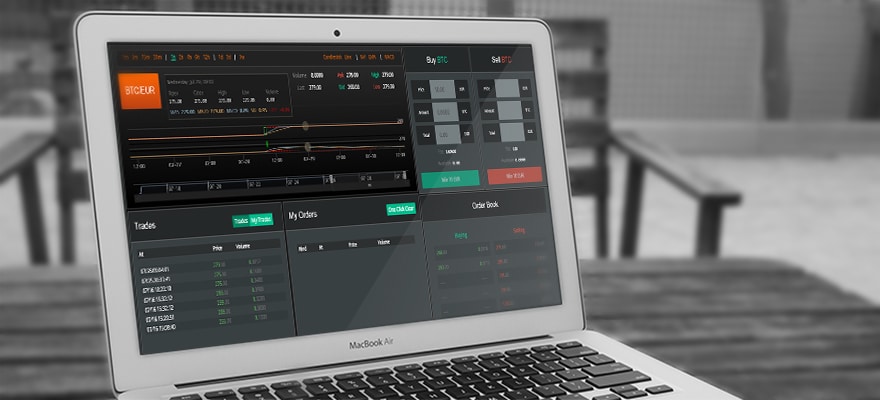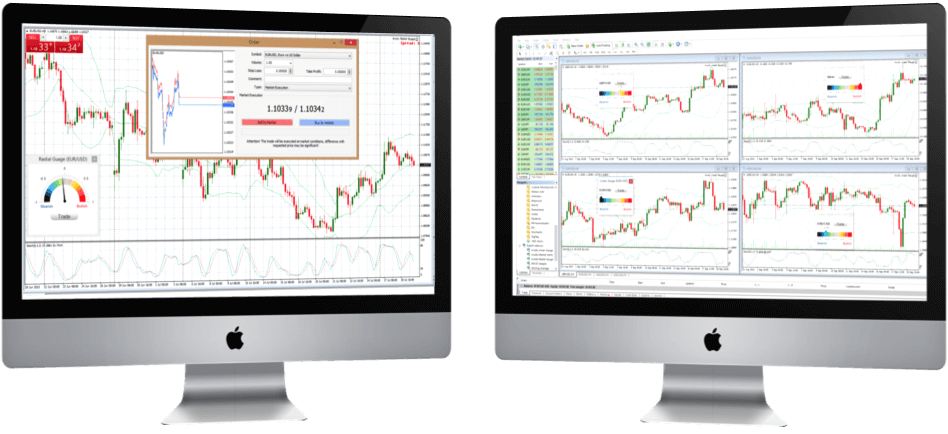
Why do forex brokers need a license?
Obtaining a forex license is a very slow and time-consuming process.
It can take from a forex broker from several months to a year. In addition, it will have to pay from 60 thousand to 200 thousand euros. Together with employees of the trading technology provider WhiteLabelsFX, we figured out why a forex broker needs a license, and is it possible to work without it.
So, a broker can send an application for a license to one or more world regulators. The most reliable today are:
License FCA (Financial Conduct Authority), UK;
License ASIC (Australian Securities and Investments Commission), Australia;
license NFA (National Futures Association), USA;
license FSA Japan, Japan;
license BaFIN (Federal Office for the Supervision of Financial Companies), Germany;
licensed by CySEC, Cyprus.
What gives a license to a forex broker
The main advantages of licensed brokers are, first of all, a plus for reputation and the ability to openly advertise their services.
Warranties and reputation
All regulators oblige brokers to provide customers with high quality services and insure their funds in case of bankruptcy of the dealership. Therefore, if a company has a license, then for a trader this becomes a certain guarantee of its reliability.
In caring for traders, regulators require brokers to reduce maximum leverage and reduce the number of trading instruments. These measures are also designed to protect the trader from going deep minus and reduce the risk of speculation in the market.
In fact, all these measures do not guarantee the stable operation of the broker and his integrity, they only create a sense of security for the trader.
Advertising Right
To attract customers, a young broker needs to invest in advertising. If he receives a license, he will be able to legally advertise his services and develop business in those countries where forex activity is regulated. In this case, all advertising materials (banners, promotional videos, mass media, etc.) must indicate the license number, as well as information about by whom and when it was issued. This arouses trust among potential customers and works for the company’s reputation.
Regulatory Requirements
Let’s analyze the basic requirements for a broker by the example of obtaining a CySEC license in Cyprus. Brokers choose Cypriot jurisdiction to expand their activities in the European Union. CySEC permission becomes the key to EU member states: it gives brokers the opportunity to accept customer deposits and legally establish their presence in Europe.
In order to get a forex license in Cyprus, a broker needs to prepare and submit a package of documents to the CySEC Securities and Exchange Commission. But in addition to the standard requirements of the company, a number of additional conditions must be met:
the physical office of the brokerage company should be in Cyprus, here the dealer should conduct the main activity;
the company must pay the required fee through the Central Bank of Cyprus;
the size of the authorized capital for the forex broker is 125 thousand euros;
the company needs to draw up a business plan and a financial plan for 3 years;
you need to prepare a policy to combat fraud and money laundering, as well as the KYC (Know Your Client) policy;
the organization must provide certificates of no criminal record for each employee;
all employees of the company should not have bankruptcy status;
the company must be managed by the board of directors. The Council should include at least 4 people with a good business reputation, two of them must be residents of Cyprus.
After receiving a statement from a broker, the Cyprus Securities and Exchange Commission has six months to make its decision. If the broker does not fulfill at least one item from the list, he will not receive a CySEC license.
Work without a license
What should a beginner broker do? On the one hand, a license works for reputation, and on the other, it will take a lot of money and time to get it. There is a second option – to register in a non-regulated jurisdiction and open another company in Europe as a payment agent. The second company should have an account with a European bank, which will allow you to configure the connection of payments through Visa / Mastercard.
The total cost of organizing brokerage activities in this case can be significantly lower: from 10 thousand US dollars for accepting payments through Visa and MasterCard and from 3.6 thousand dollars for electronic wallets. It will take from 2 to 3 months to register both companies and to open an account with a bank, depending on the speed of filing the necessary documents.
Through an offshore company with a payment agent in Europe, a broker can successfully conduct a full-fledged business in the Forex market. Moreover, brokers from the broker do not need the license itself, but active feedback, interesting promotions, fair payments, low spreads and a large selection of payment systems. This is what is the main factor in attracting new traders.
The restriction on advertising in regulated areas can be circumvented by providing services from offshore jurisdictions or participating in various exhibitions. You can also attract customers by purchasing high-quality Internet traffic, advertising through affiliate networks, bloggers, YouTube channels, etc. For these types of advertising, the official restriction does not apply.






